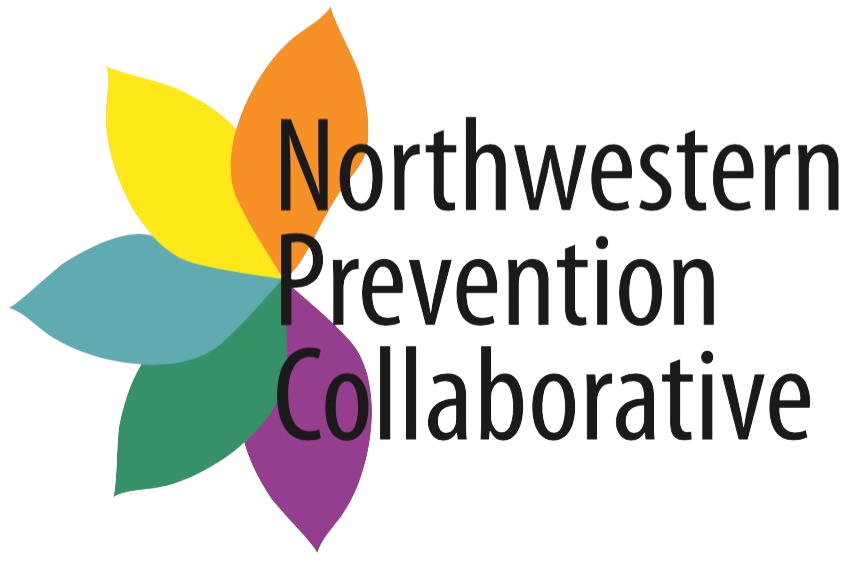During the Recovery Ally Training hosted by NPC, presenter Thomas Bannard (MBA, CPRSS, CADC, Assistant Director Substance Use and Recovery Support at Virginia Commonwealth University) shared many facts that stuck with the attendees. One of those is the idea that a person who has a substance use disorder (SUD) may suffer from Post-Acute Withdrawal Syndrome (PAWS), causing family members to believe the person is misusing substances again.
For family members new to recovery, who are trying their best to be supportive, constantly wondering if they are crossing the line of enabling or going in the other direction and acting judgmental, knowing about post-acute withdrawal symptoms is critical.
Withdrawal Symptoms
Withdrawal symptoms can occur right away when a person stops drinking or using drugs. They are acute, consuming, and certainly uncomfortable. Depending on what type of substance a person has been using, the withdrawal symptoms may include effects such as sweating, fatigue, insomnia, aches and pains, dizziness, nausea, vomiting, cramping, headaches, and more. Fortunately, the symptoms are likely to end within weeks, though this will vary from person to person. When withdrawal symptoms continue after this initial stage, the person has entered PAWS. This is most likely to occur among those who have been using opioids, due to their highly addictive nature, but can occur with nearly any substance, including alcohol.

PAWS Symptoms
Long-term PAWS can continue for months, even years, making it extremely difficult for the person to remain in recovery. The symptoms can also occur intermittently, meaning that the person will feel well for a few days, then suddenly have symptoms. This irregularity is what causes some loved ones to think the person is misusing drugs or alcohol again, because the person was “fine” and then suddenly isn’t. In the mind of the family and friends, the only plausible explanation is that the person is misusing substances again, but this is often not the case. It is often the result of PAWS.
Some common PAWS symptoms include:
- Anhedonia (lack of pleasure)
- Anxiety or panic attacks
- Cravings
- Depersonalization (not feeling like yourself)
- Depression
- Difficulty setting priorities/focusing/concentrating
- Difficulty sleeping/insomnia
- Fatigue
- Hypersensitivity (feeling overly sensitive to lights, sounds, touch)
- Irritability, aggression, hostility
- Lack of motivation
- Memory loss
- Mood swings
- Poor impulse control
- Social withdrawal (finding it difficult to interact with others)
- Stress sensitivity
- Suicidal thoughts

How Friends and Family Can Help
Familiarizing themselves with PAWS is one way that families and friends can help a person in recovery stay in recovery. Be aware that the brain is correcting the chemical imbalances that the SUD created, and that process is similar to exercising—there will be good days and bad days. There may be a month of good days, and then suddenly the symptoms reappear. Making yourself available to listen and support is a critical part of someone in recovery staying in recovery. If they feel they have someone to turn to, someone who will believe in them and listen to them, they are likely to reach out for help. If they feel alone, isolated, and/or judged, then they may turn back to substance misuse.
Encourage your loved one to practice self-care consistently, through exercise, learning healthy coping mechanisms, and positive self-affirmations, such as “I am enough,” or “I am worth it.” Getting enough sleep and eating right are critical. Maybe you can walk part of that journey with your loved one—maybe you need to eat better, exercise more, or get more sleep. Small ways of walking alongside them can make a world of difference.
Sources:
https://mentalhealthdaily.com/2015/06/12/post-acute-withdrawal-syndrome-causes-symptoms-treatment/
https://www.addictioncenter.com/treatment/post-acute-withdrawal-syndrome-paws/
https://oxfordtreatment.com/addiction-treatment/detox/withdrawal-symptoms/




Comments are closed.